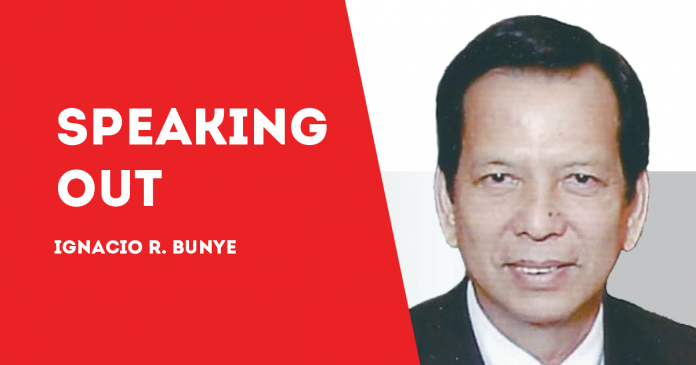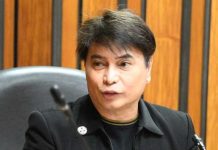
POPE Leo XIV, formerly Cardinal Robert Francis Prevost, has emerged as one of the most digitally engaged pontiffs in history. Before his election, he was an outspoken presence on social media, weighing in on political and social issues that often sparked debate.
Among his key posts:
* Criticism of US Politics – He shared articles critical of President Donald Trump’s immigration policies and Vice President JD Vance’s interpretation of Christian love.
* Support for Social Justice – Following the death of George Floyd in 2020, he urged clergy to speak out against racial injustice.
* Opposition to the Death Penalty – He actively shared messages against capital punishment and deportation policies.
* Gun Control Advocacy – In the wake of mass shootings, he reposted calls for stricter firearm regulations.
* Climate & Immigration Issues – His positions on environmental protection and migrant rights aligned closely with those of Pope Francis.
Now that he is Pope, will he maintain his social media presence? Definitely, according to Vatican observers, though with a nuanced approach. In his first address, Pope Leo XIV emphasized unity, urging dialogue and bridge-building within the Church — an indication that his online engagement may focus more on fostering consensus rather than controversy. Incidentally, Pope Leo XIV will be inheriting the official Vatican X Account previously used by Pope Francis and Pope Benedict.
His predecessor, Pope Francis, was deeply aware of both the promise and perils of social media. Pope Francis saw it as a powerful tool for connection and evangelization but cautioned against its role in spreading misinformation. In his World Communications Day message, he called on individuals to discern truth from falsehood and to be “witnesses to the truth” by challenging disinformation.
Pope Francis likened misinformation to the deceptive tactics of the serpent in the Garden of Eden, stressing how even subtle distortions of truth can lead to grave consequences. He also encouraged journalists to prioritize investigative reporting over formulaic narratives.
During his lifetime, Pope Francis himself became a frequent target of misinformation — from fabricated political endorsements to AI-generated images that misrepresented him. In response, the Vatican implemented a strategy of twice-daily medical briefings during his hospitalization to counter false claims about his health.
Pope Francis’ stance was unequivocal: social media must be wielded responsibly, with a steadfast commitment to truth and ethical communication. His successor, Pope Leo XIV, will likely carry forward this awareness while navigating the evolving digital landscape in his own way./PN







